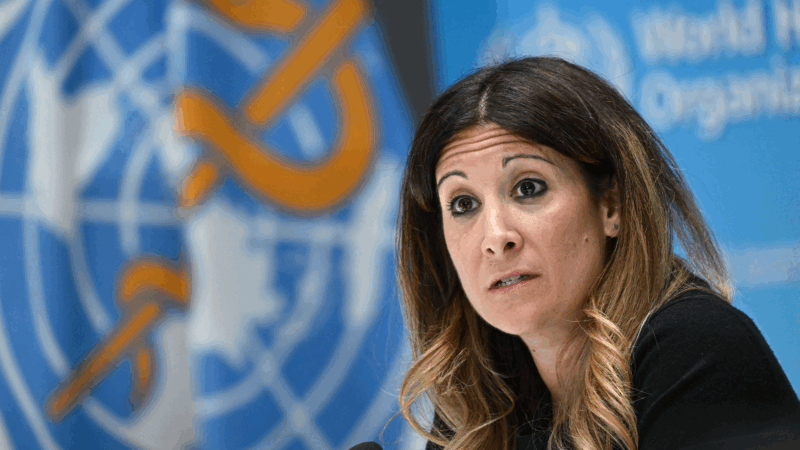CDC Director Visits Alabama to Discuss Ending HIV
The director of the Centers for Disease Control, Dr. Robert Redfield, met with public health leaders in Montgomery on Friday to discuss strategies to combat HIV and tour a clinic that provides health and wellness services to people with HIV/AIDS, Hepatitis C and other life-threatening illnesses.
Thank you to CDC Director Dr. Redfield and so many of our rural health colleagues and representatives of the media for joining us @MAOofAlabama today for a tour of MAO’s clinic in Montgomery. pic.twitter.com/WYhBgpJXcP
— MAOofAlabama (@MAOofAlabama) June 14, 2019
Earlier this year, the Trump administration announced plans to invest more than $290 million to end the HIV epidemic by 2030. Alabama is one of seven states that will receive money through the proposal.
“Alabama is one of the states where its major HIV acquisition is in a sense more complicated,” Redfield said during a press conference, “Because it’s in a rural environment.”
According to data from the CDC, Alabama had the nation’s 11th-highest rate of new HIV diagnoses in 2017. Approximately one in six residents infected with the disease are undiagnosed. Redfield said one challenge is combatting a higher level of stigma in rural communities. He said state leaders have to “normalize” HIV so people feel comfortable getting tested and treated. He also noted the need to reach young black and Latino men. According to the Alabama Department of Public Health, more than 70% of people recently diagnosed with HIV in the state were black.
“We don’t need to develop an initiative that keeps doing what we’re already doing,” Redfield said, “which hasn’t reached the individuals that we’re trying to reach.”
Today, I learned from #Alabama public health officials and researchers, how @CDCgov can better diagnose those living with #HIV, treat their infections rapidly, protect those at risk, & respond rapidly to growing HIV clusters. #EndHIVEpidemic pic.twitter.com/JXwGW4RiVe
— Dr. Robert R. Redfield (@CDCDirector) June 14, 2019
Nationwide, the goal of the Trump administration is to reduce new HIV infections by 75 percent in five years and by at least 90 percent in 10 years. It’s part of the administration’s 2020 budget, which also includes budget cuts for programs that fund treatment of HIV overseas.
Jim Irsay, longtime Colts owner and music memorabilia collector, dies at 65
Irsay started with the Colts as a teenage ball boy and took ownership after his father's death in 1997. The team won a Super Bowl and two AFC championships under his nearly three-decade tenure.
No more pennies: In big change, Treasury will stop minting them
In a cost-cutting move, the Treasury Department will soon stop minting new pennies. The one-cent coins will still be legal tender. There are more than 100 billion pennies in circulation but many are gathering dust in change jars and forgotten pockets.
Judge blocks Trump administration from closing the Education Department
The federal judge also told the administration to reinstate department employees who lost their jobs during the reduction-in-force announced in March.
DOGE cuts, policy changes jeopardize care, housing for vulnerable HIV patients in Alabama
Federal funding has helped states like Alabama and Mississippi make strides in fighting the HIV epidemic. Doctors and advocates are worried about the future.
Senate overrules parliamentarian and votes to undo California EV rule
The Senate parliamentarian advised lawmakers that they couldn't use the Congressional Review Act to revoke California's right to set vehicle standards. But they did it anyway. Expect a legal fight.
A top global health expert’s message to graduates: Kick the tires
NPR interviews Maria Van Kherkove, the infectious disease epidemiologist who is a leader in the World Health Organization.








